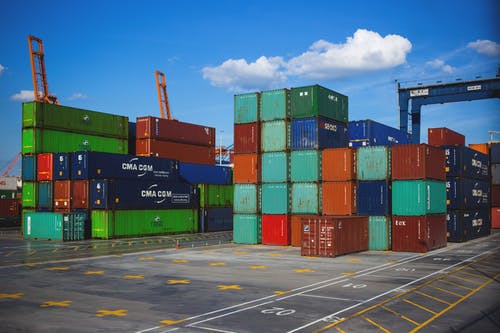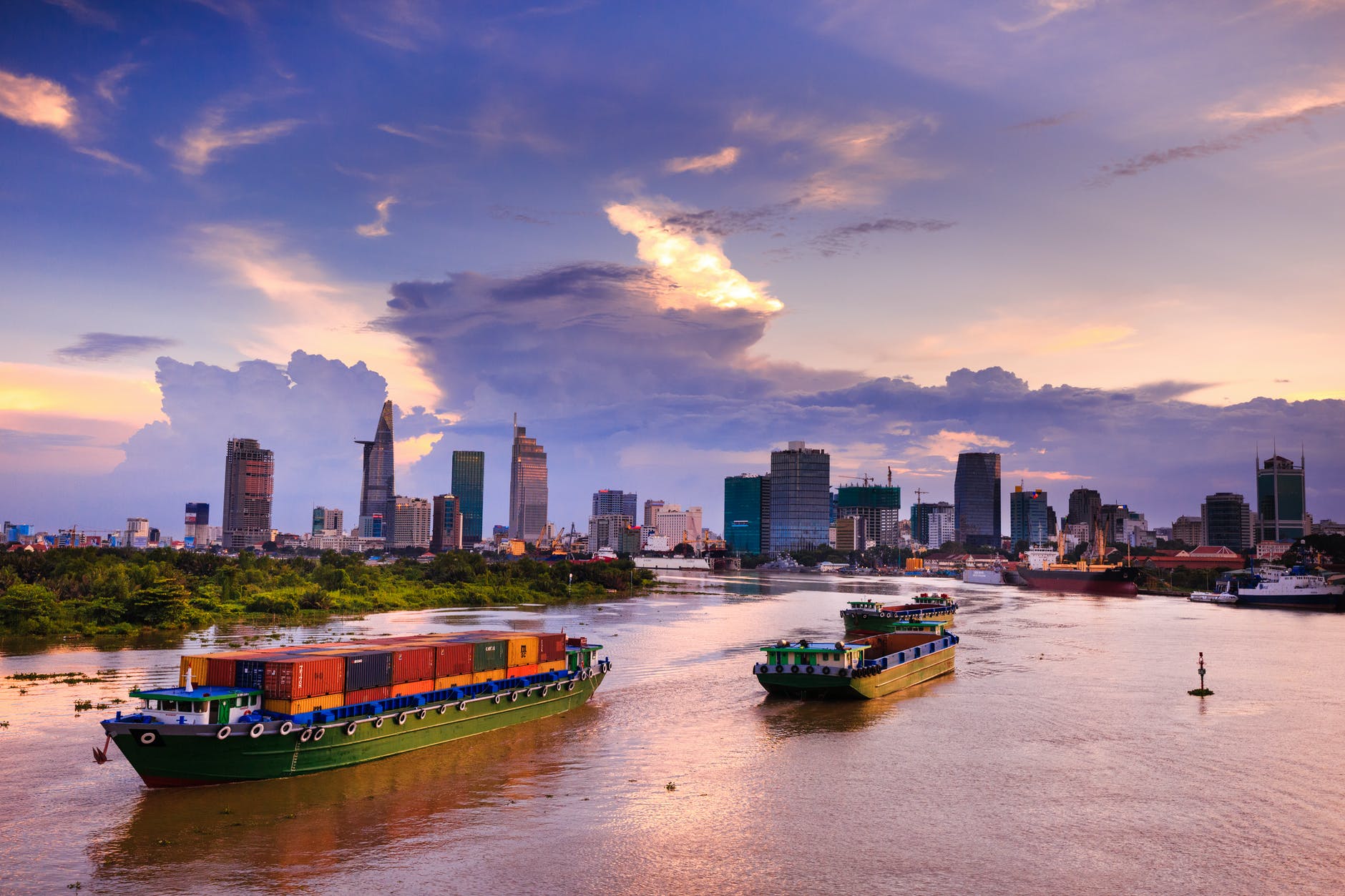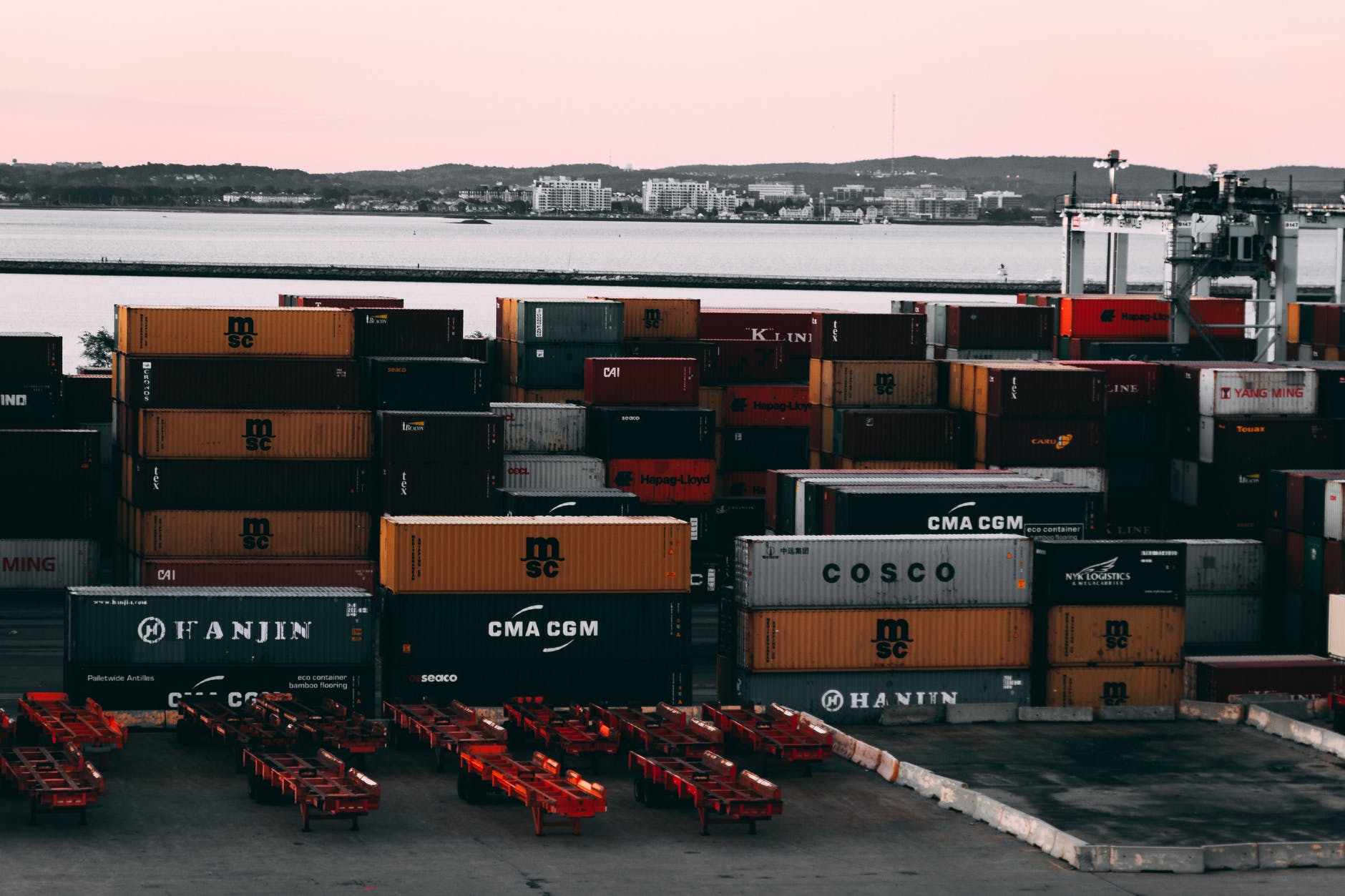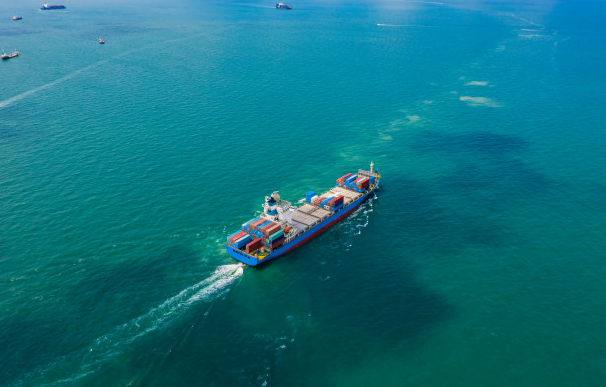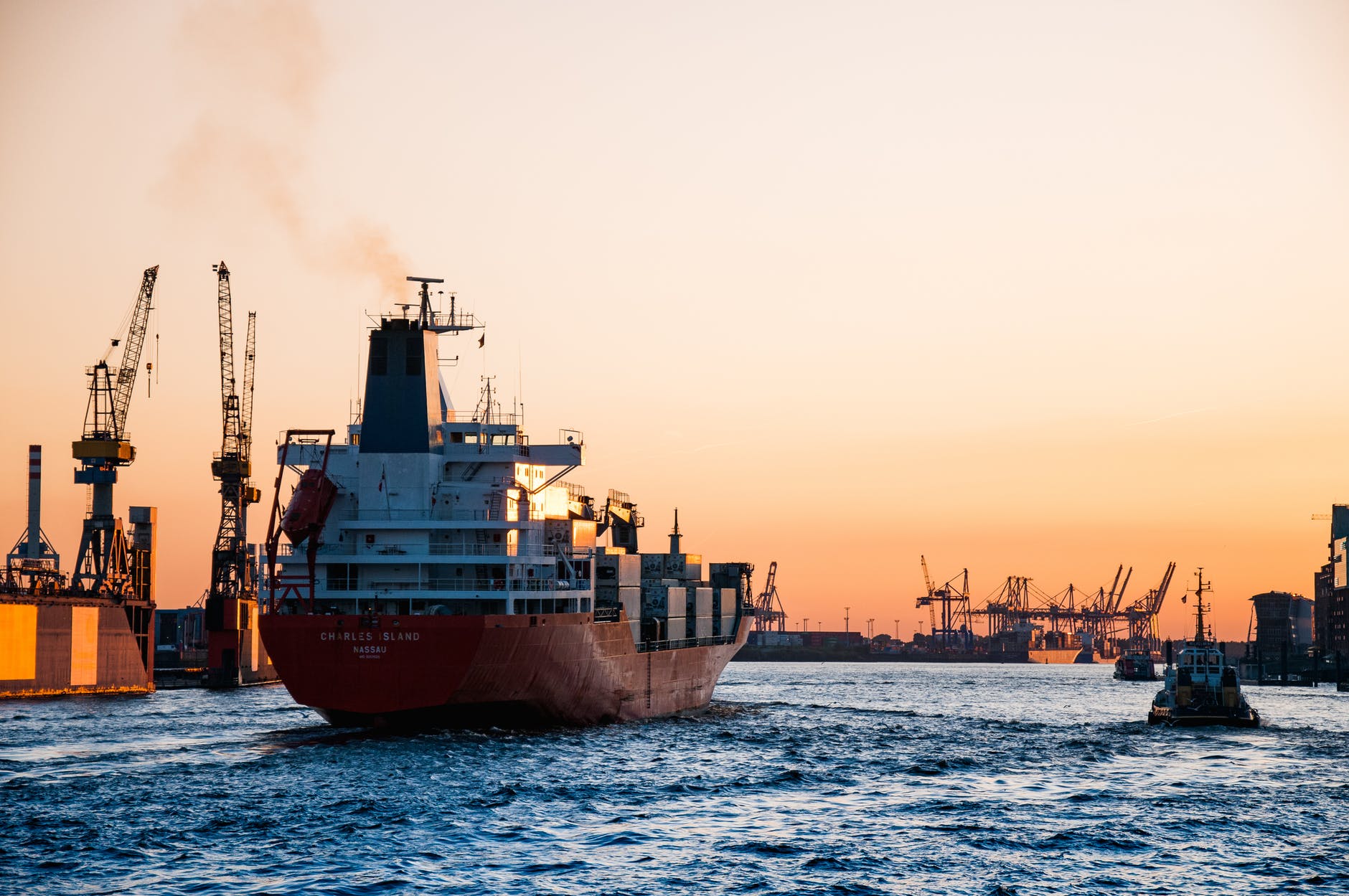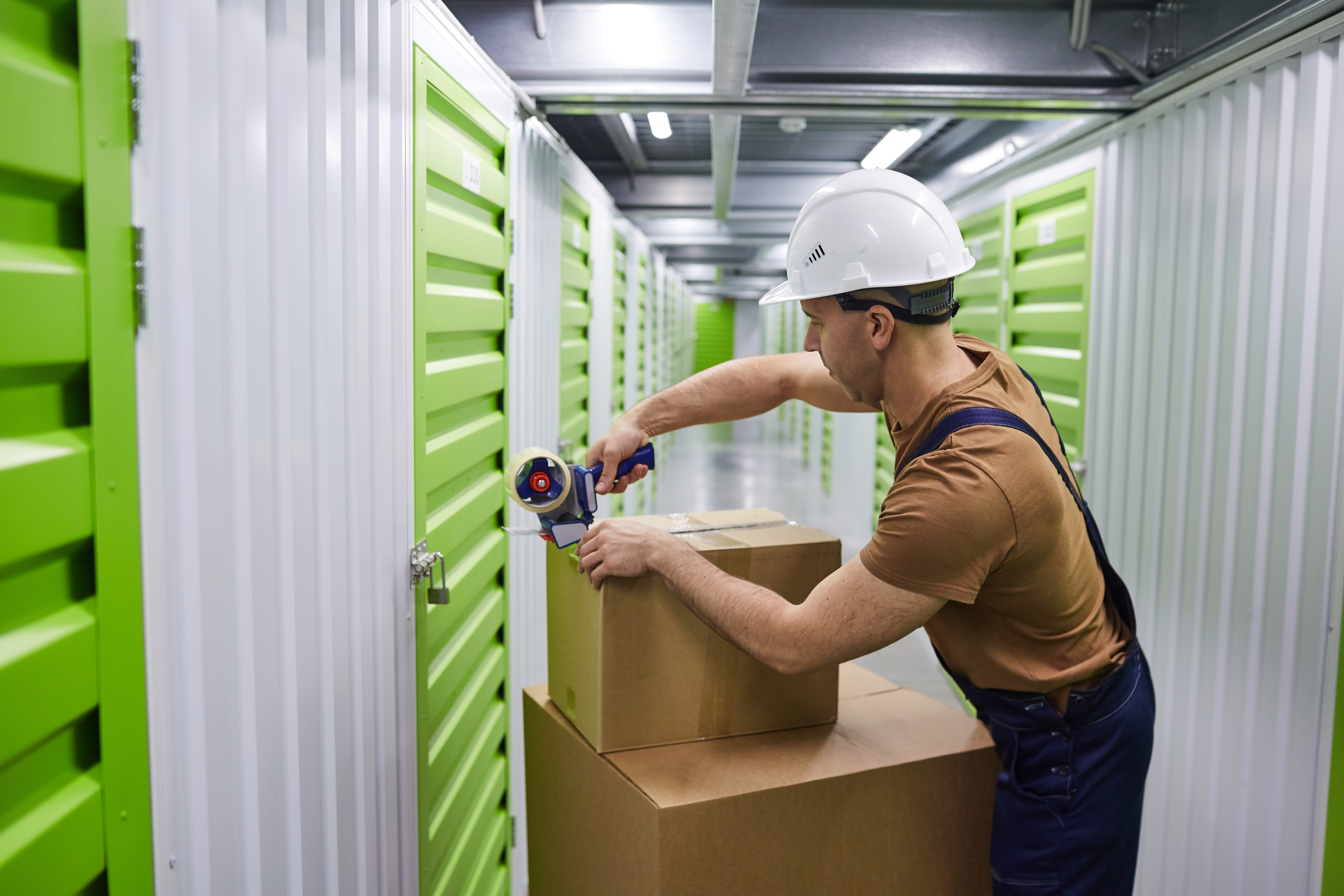Causes of Shipment Delays Every Business Owner Should Know
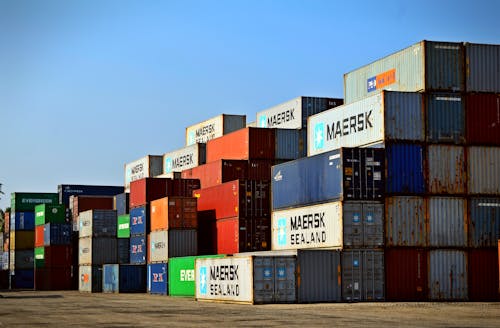
Delays occur for a variety of reasons. Depending on the laws of the country in which the cargo is coming and the type of goods being shipped, certain situations may require extra attention. If a country requires extra documentation before the shipment, such as an international address or a credit card number, extra steps must be taken to make the process go as smoothly as possible. Knowing what causes shipping delays can help companies prepare for these situations and make their shipments go as planned.
What Shipment Delays Occur?
Extreme Weather Conditions
One of the leading causes of delay is terrible weather conditions. Natural disasters such as hurricanes, storms, and floods can cause transportation problems. In some cases, goods may have to be held at the port while waiting to be transferred to the final destination. If a shipment is delayed in a natural disaster, it could lead to extra charges because it takes extra time to unload and re-store damaged goods.
Issues with the Freight Company/Supplier
Other causes of shipment delays are problems with the freight company or suppliers. Sometimes, shippers simply cannot meet the needs of their clients. Suppliers may experience a sudden lack of business, or they may be experiencing financial difficulties themselves. In these cases, the goods may have to wait extra few days or even longer before they can be shipped. If goods are held at the wrong port or facility, they may also be sent to destinations that are not appropriate for them, which leads to extra expenses for the clients.
Climate
Changes in climate can also lead to delays in the shipment of goods. In areas where snow or ice makes transport very slow, it takes more time for the products to reach their destination. In some cases, a company’s inability to get goods to its clients may result in lost income and a negative impact on its image. Climate conditions can also cause delays in moving goods from one location to another. For example, in the case of a shipping time delay caused by severe weather, a company would have to spend additional time waiting for weather conditions to clear up, which increases the cost of transportation.
Pandemic
Pandemic outbreaks are another cause of shipment delays. A pandemic is a widespread infection of a disease that spans worldwide. Because it is hard to identify where an outbreak is likely to occur and because many people tend to get sick quickly, a shipment delay can lead to losses. As a result, many companies may choose to avoid sending people who may be carrying the virus or doing things that can cause an outbreak.
Excelsior Worldwide Freight Logistics conducts free orientation for those who are willing to learn. It is our advocacy to share our knowledge & experience worth more than a decade in the business. Visit our website today at www.excelsior.ph to learn more about our service.

